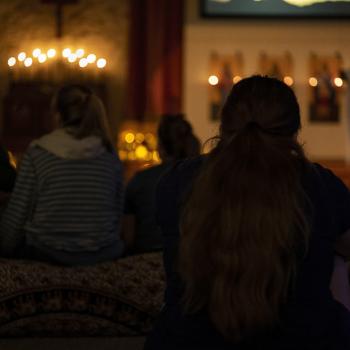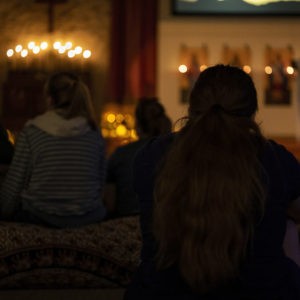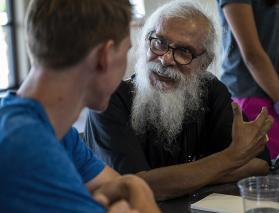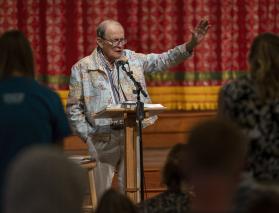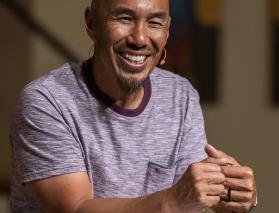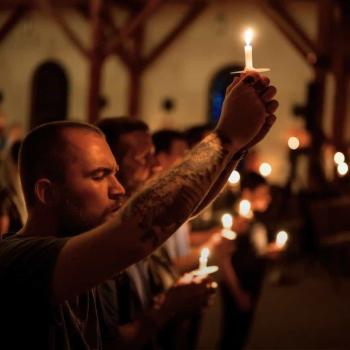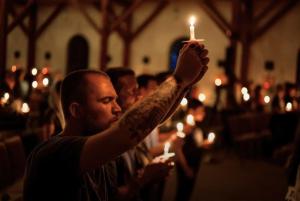WILLS POINT, TX – GFA World (Gospel for Asia) founded by K.P. Yohannan, which inspired numerous charities like GFA World Canada, to assist the poor and deprived worldwide, issued this 2nd part of a Special Report update on the extraordinary pressures and hardships of widows intensified by the COVID 19 Pandemic.
Continuing Problems in Developing Nations
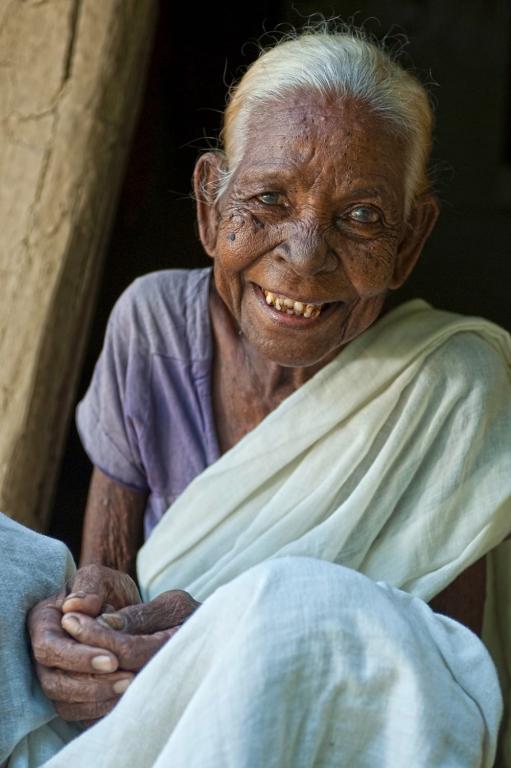
“Although most African and Asian farmers are women, only 15 percent of the world’s farmland is owned by women.” states Landesa, a land rights charity.10 A research report in the spring of 2020 from the World Bank showed that in 40 percent of countries, women face persistent barriers to land ownership, including unequal inheritance rights and authority over assets during marriage—a situation worsened by the pandemic, and one that especially affects widows.
The World Bank’s Victoria Stanley said among the new obstacles widows now face the following:
- If their male relatives succumb to the pandemic, the standing of already highly dependent women can weaken because of limited legal protections, lack of documentation, and restrictive social norms. They are also at risk of their husband’s relatives trying to grab their land.
- Pandemics can reduce economic assets like wages and savings, making housing, land and other property even more important. Yet, when conflicts arise over them, women may lack the resources or support to enforce their rights.
Stanley believes, in the short term, it is critical to implement broad protective measures that ensure no one will lose their home during the pandemic; for inheritances, it’s important during the crisis that countries not allow female heirs to sign over their property. Over the long term, she said, reforming inheritance laws and marital property regimes will be key to improving the implementation and enforcement of women’s rights to housing, land and property.
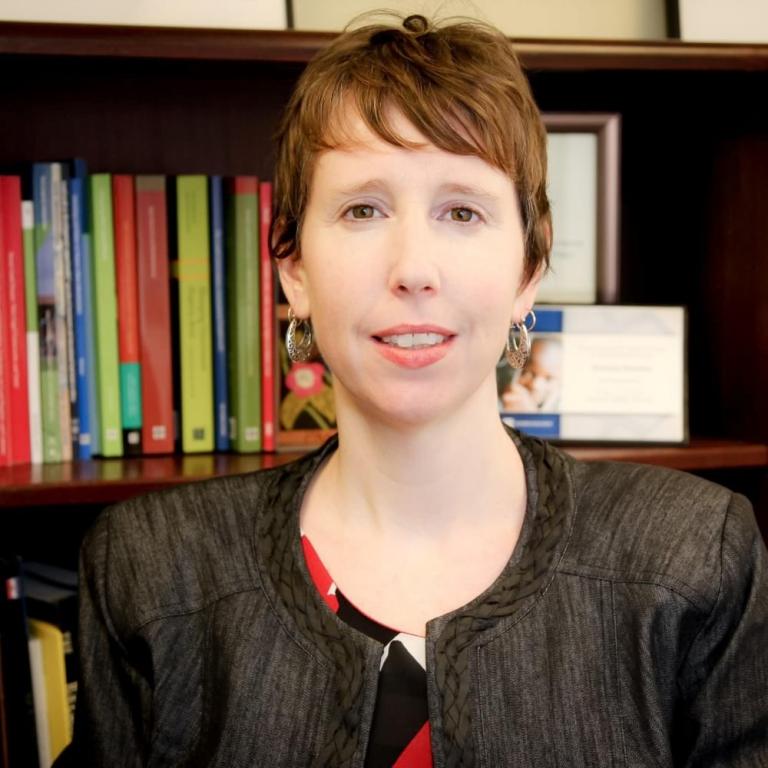
Such legal steps are advocated by two members of the law school faculty at the University of Ilorin in Nigeria. Fatimah AbdulRasq and Ayinla Lukman say it is hard to gauge COVID-19’s legal impact on widows, and there is no assurance of established parameters to guarantee relief packages aimed at widows and other needy citizens are implemented.12
“Despite the relief packages and palliatives provided by government, private individuals and organizations to the populace, much ought to be done to specifically target the welfare of widows and ensure that their plight is positively addressed,” the professors said in an article for the Institute for African Women in Law.13
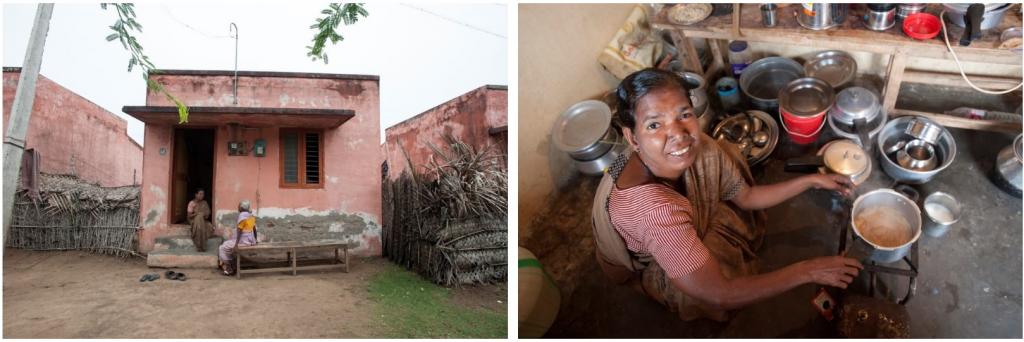
Providing Direct Aid
In addition to the United Nations’ observance of International Widows Day, a variety of charities, non-profits, and non-governmental organizations work year-round to shine a spotlight on the plight of widows and relieve their suffering. The Global Fund for Widows calls it an “epidemic,” with widows subject to such problems as food insecurity, poor health, poor education, human trafficking, extremist groups, a lack of shelter, and no access to justice.14
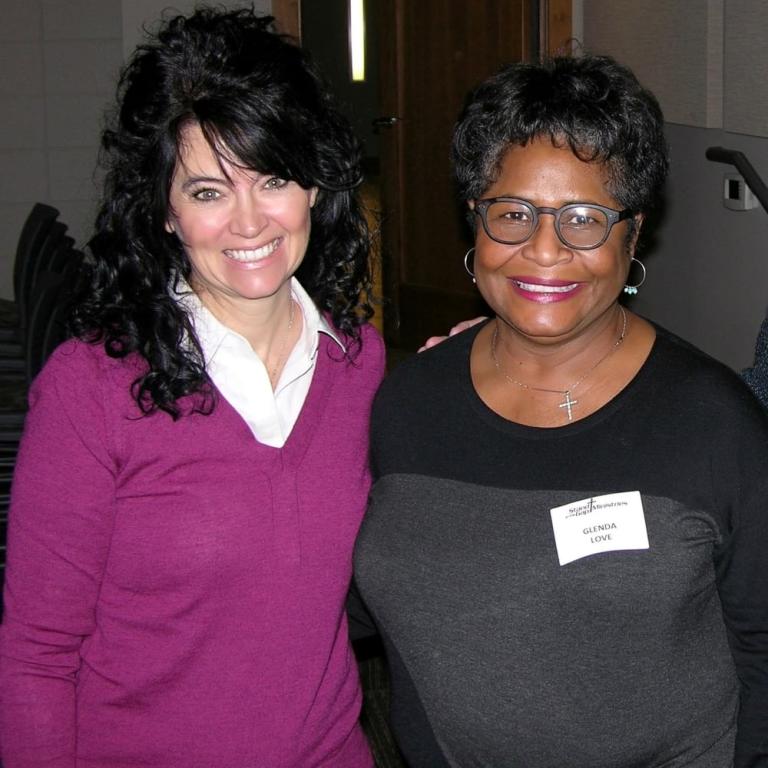
Photo by Stand in the Gap Ministries
Some organizations come from a faith-based perspective, like Stand in the Gap Ministries, which advocates that more churches establish ministries to widows and offer practical help, like hosting regular widows-only social gatherings, offering education in home maintenance, and facilitating small groups.
Then there is the practical assistance offered in the field by NGOs like Gospel for Asia (GFA World). While long active in widows’ assistance, the organization instituted specific relief measures soon after lockdowns began in the first quarter of 2020.
In March and April, Gospel for Asia (GFA) workers in one region of Asia visited three different villages to distribute more than 400 food kits consisting of three kilograms of mixed vegetables, four kilograms of rice and one liter of oil to widows.
“I am a poor widow,” said one recipient named Sabella, 37. “Due to the lockdown, my survival became so hard. Like me, there are many in our village who are starving. Pastor Lesharo with the compassionate heart distributed raw food kits to many people in our village. From the bottom of our hearts, we thank the church for providing the food supplies.”
In mid-April, Gospel for Asia (GFA) workers in another area gave essential items to 50 widows and other individuals. After receiving permission from local authorities, the pastors organized a program to provide for those struggling amidst the lockdown with a package that included 11 pounds of rice, two pounds of lentils, six pounds of potatoes and a bar of soap.
“During this untimely crisis, [the church] in my village stood beside us to help the poor families by providing them with food items,” said a member of the village council. “I feel proud of them. I want to thank [them] for their great help.”15
Such gifts reflect the aid given throughout the years via GFA World’s widows ministry, which provides women in desperate situations with tangible necessities. K.P. Yohannan, founder of Gospel for Asia (GFA World), said this kind of aid has long been needed because in some Asian cultures a widow can be stripped of her dignity, worth and human rights. When coronavirus struck, the need grew, he said.
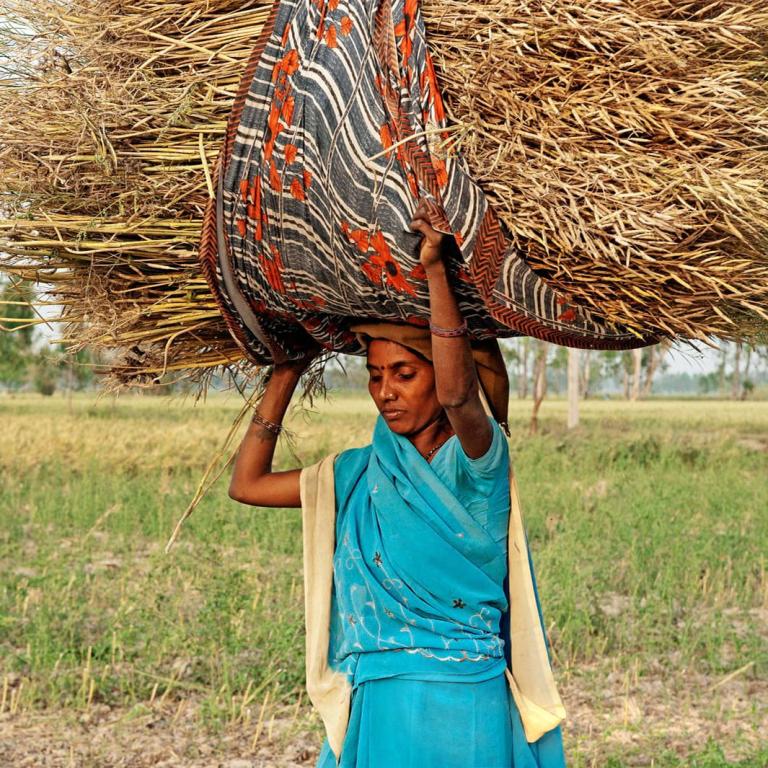
“These women are typically daily wage laborers, the very group hit hardest by the government shutdowns instituted to mitigate the spread of the coronavirus,” reported GFA World. “Already struggling to feed their families, they were suddenly unable to work. Widows often are victims of poverty, ostracism and humiliation, and they can be vulnerable to abuse. Many receive little help from relatives as they care for their children.”16
However, by helping lift their burdens by providing income-generating gifts (like sewing machines) and vocational training, clothing, basic essentials, and the comfort, encouragement and assurance of God’s love, generous donors can help these widows hear promises like that found in Isaiah 41:9–10: “I have chosen you and have not cast you away: Fear not, for I am with you; be not dismayed, for I am your God. I will strengthen you, yes, I will help you, I will uphold you with My righteous right hand.”
Many widows are waiting for those who will join their hands with God’s. Their suffering, grief and pain can be alleviated, in part, through practical expressions of God’s loving kindness.
Through GFA, your donation can help widows in practical, tangible ways.
If this special report has touched your heart and you would like to do something today about the plight of widows around the world, please share this article with your friends and consider making a generous gift to GFA World to help widows in South Asia and other locations.
Read the rest of this Gospel for Asia – Transforming Communities (GFA World) Special Report: Coronavirus Intensifies Hardships for Widows — Part 1
About GFA World
GFA World (Gospel for Asia) is a leading faith-based global mission agency, helping national workers bring vital assistance and spiritual hope to millions across the world, especially in Asia and Africa, and sharing the love of God. In GFA World’s latest yearly report, this included thousands of community development projects that benefit downtrodden families and their children, free medical camps conducted in more than 1,200 villages and remote communities, over 4,800 clean water wells drilled, over 12,000 water filters installed, income-generating Christmas gifts for more than 260,000 needy families, and teaching providing hope and encouragement available in 110 languages in 14 nations through radio ministry. GFA World has launched programs in Africa, starting with compassion projects in Rwanda. For all the latest news, visit our Press Room at https://press.gfa.org/news.
Read more blogs on GFA World, Widows, World Missions and the Coronavirus Pandemic on Patheos from Gospel for Asia.
GFA’s Statement About Coronavirus
Learn more by reading this Special Report from Gospel for Asia: Widows Face Uphill Battle After Losing Spouses — The plight of widows, whether in affluent or developing nations, can be a desperate struggle
Learn more about Gospel for Asia: Facebook | YouTube | Instagram | LinkedIn | SourceWatch | Integrity | Lawsuit Update | 5 Distinctives | 6 Remarkable Facts | 10 Milestones | Media Room | Widows & Coronavirus | Endorsements | 40th Anniversary | Lawsuit Response | International Offices | Missionary and Child Sponsorship | Transforming Communities through God’s Love
Notable News about Gospel for Asia: FoxNews, ChristianPost, NYPost, MissionsBox
Read what 25 Christian Leaders are affirming about GFA World.
This Special Report originally appeared on gfa.org.


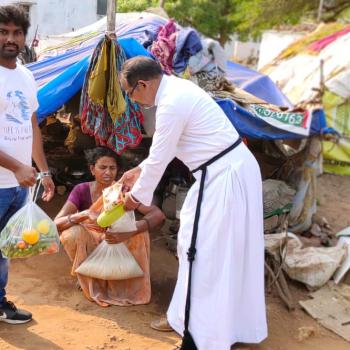
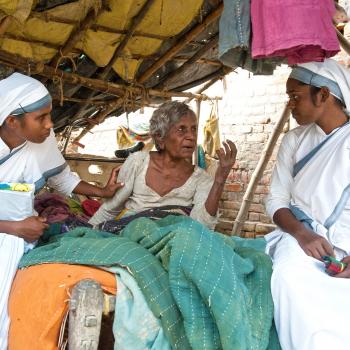
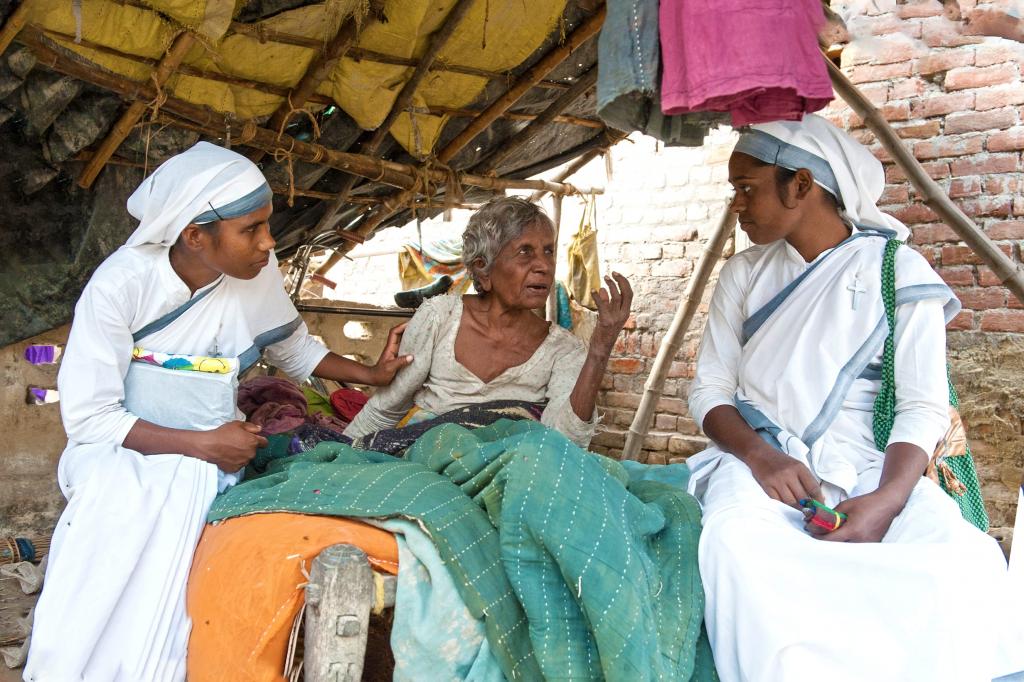
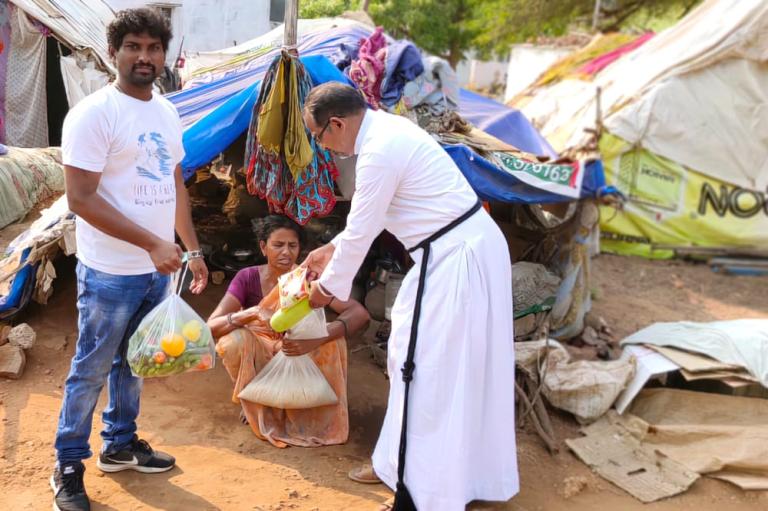
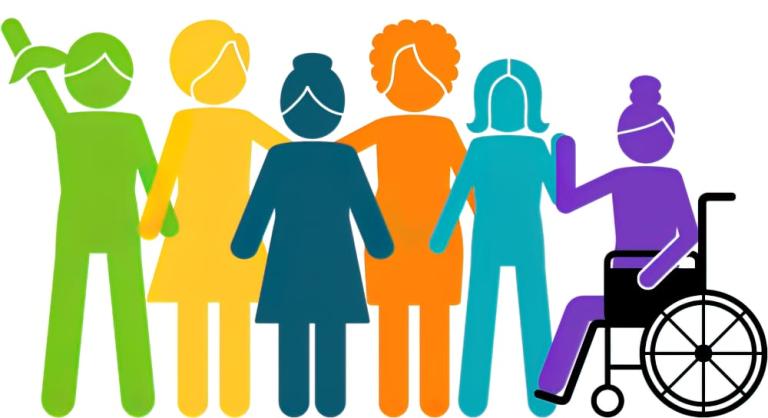
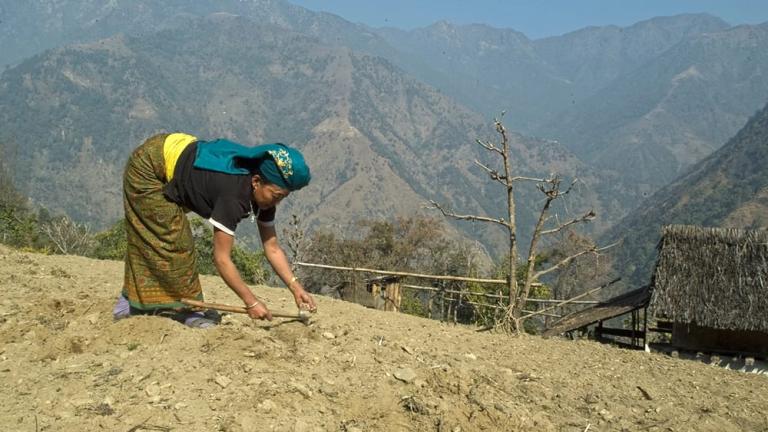
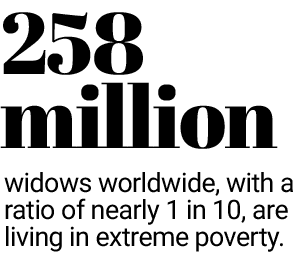 On last year’s International Widows Day, UN Secretary-General Antonio Guterres said when countries build back from COVID-19, they must also work to dismantle laws that discriminate against women. He said the isolation and economic hardships brought on by the pandemic can further compromise widows’ ability to support themselves and their families and cut them off from social connections during their greatest time of grief.
On last year’s International Widows Day, UN Secretary-General Antonio Guterres said when countries build back from COVID-19, they must also work to dismantle laws that discriminate against women. He said the isolation and economic hardships brought on by the pandemic can further compromise widows’ ability to support themselves and their families and cut them off from social connections during their greatest time of grief.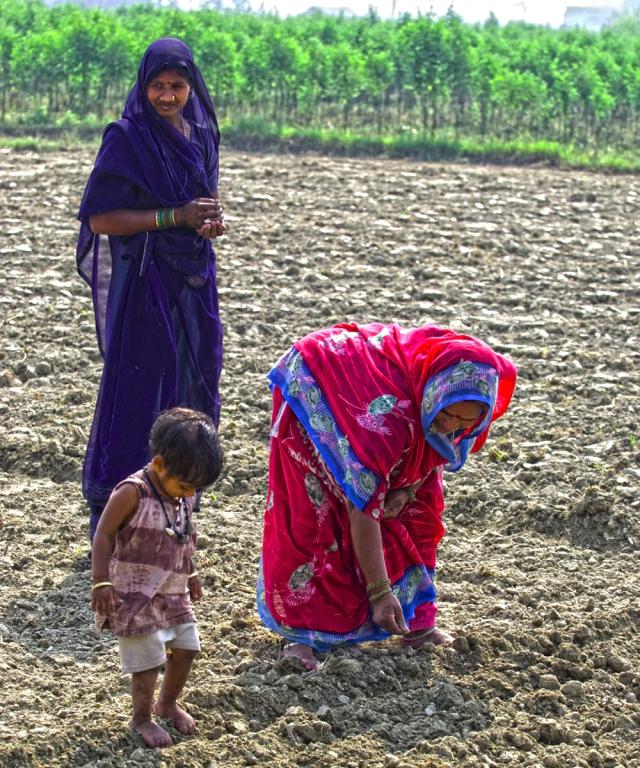
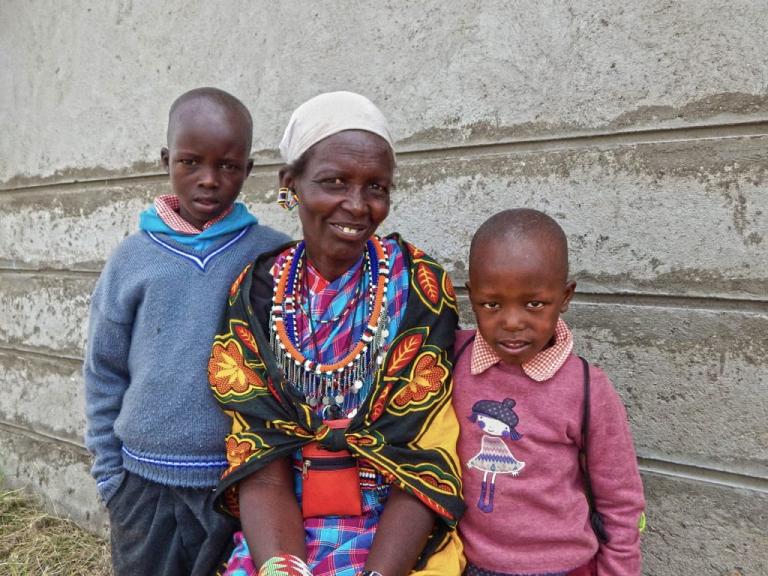
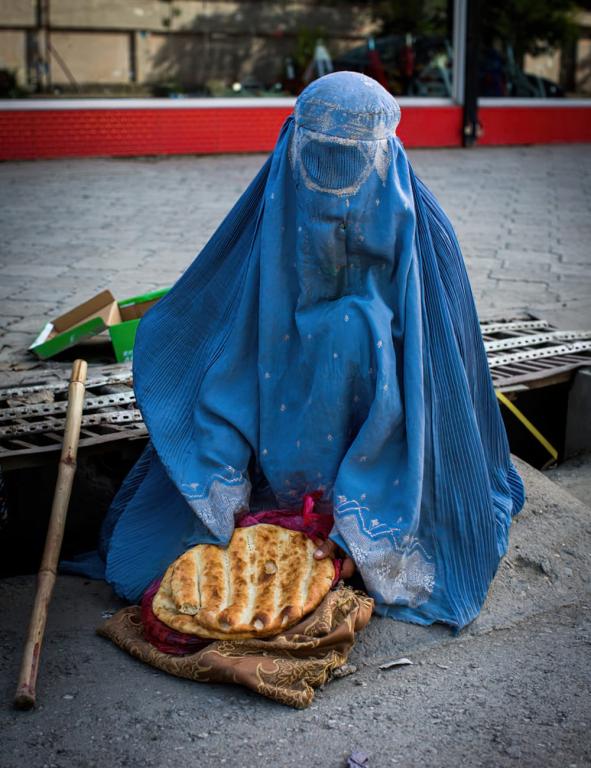
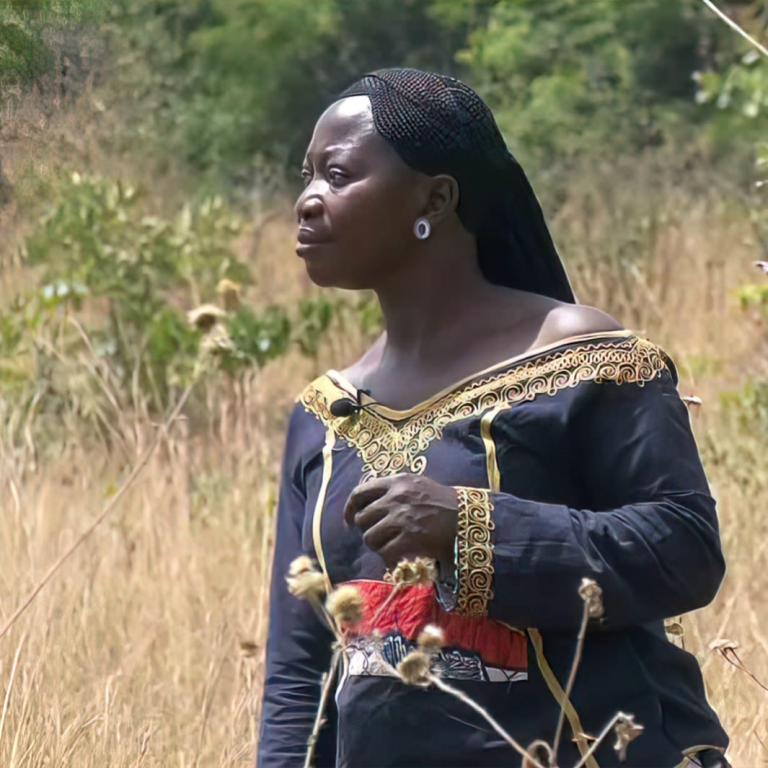
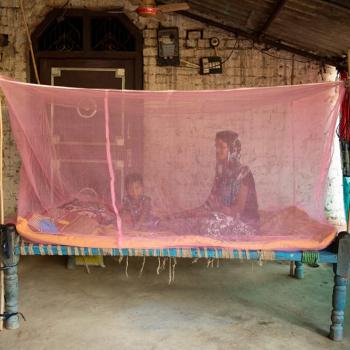
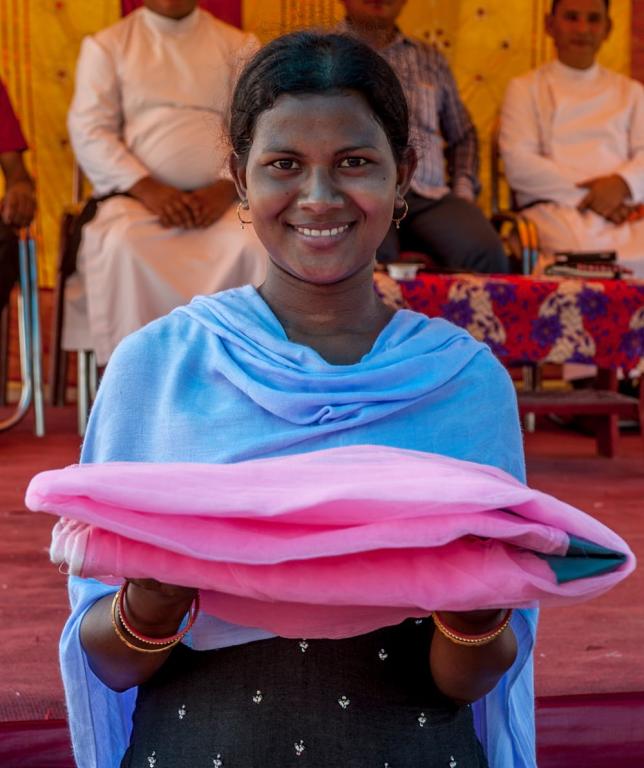
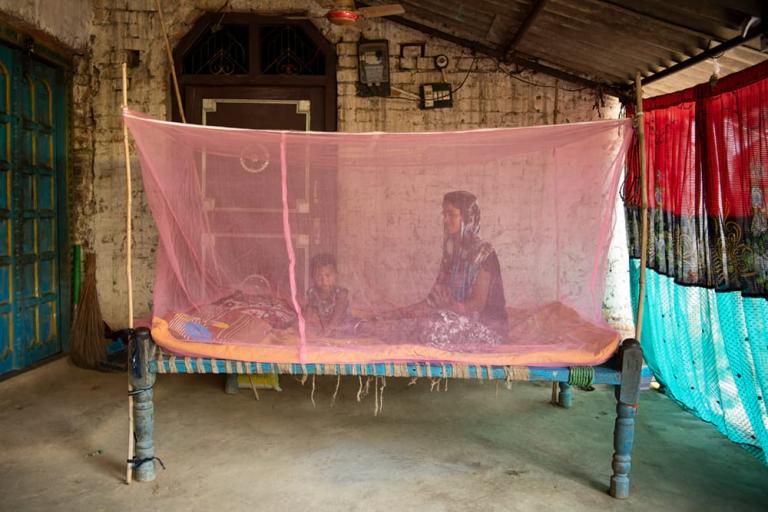
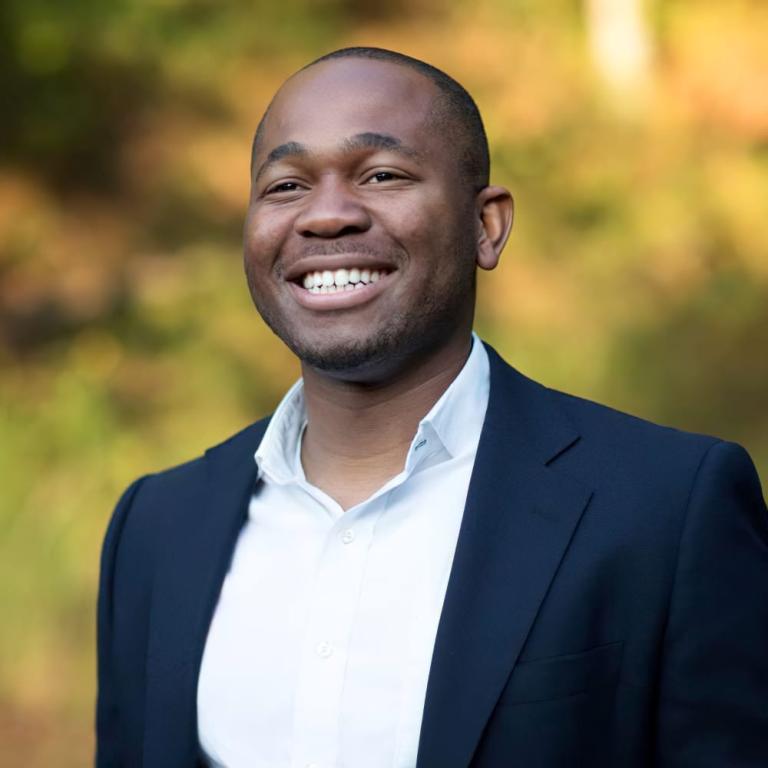
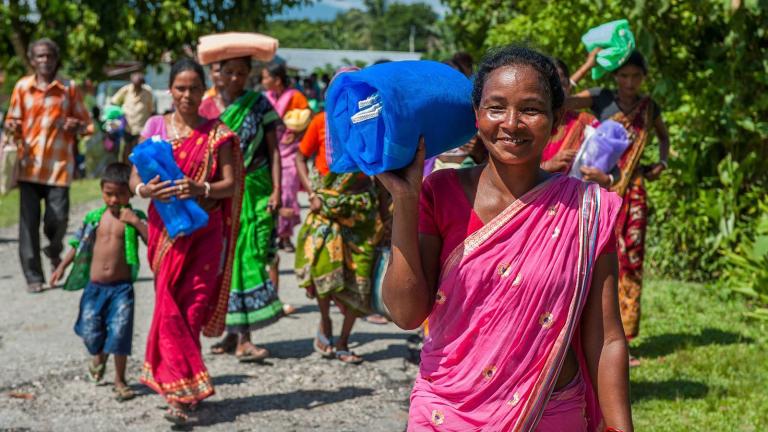
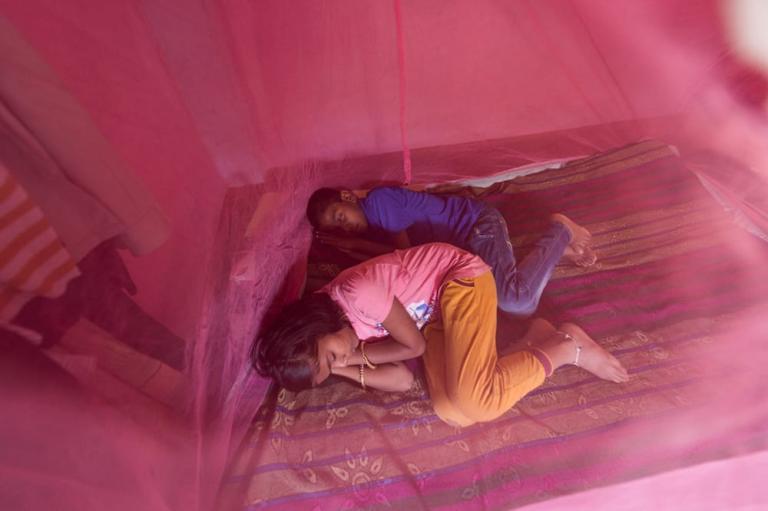
 Since 2010, GFA has distributed more than 1.3 million nets to at-risk residents in mosquito-prone areas, including 380,000 in 2019 (many are treated with insecticide, with availability depending on local conditions).
Since 2010, GFA has distributed more than 1.3 million nets to at-risk residents in mosquito-prone areas, including 380,000 in 2019 (many are treated with insecticide, with availability depending on local conditions). These efforts are augmented by distribution of malaria pills at GFA’s medical camps. In 2019 the organization hosted nearly 1,300 camps, which are free to attendees.
These efforts are augmented by distribution of malaria pills at GFA’s medical camps. In 2019 the organization hosted nearly 1,300 camps, which are free to attendees.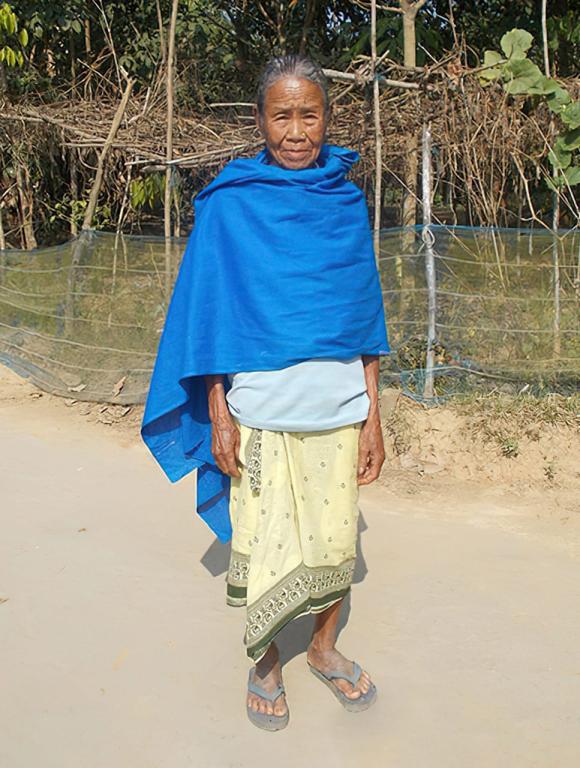
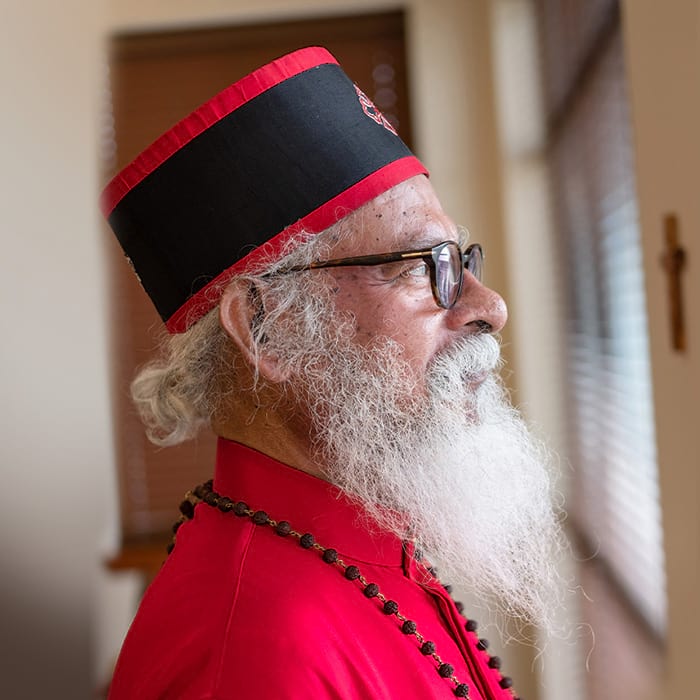
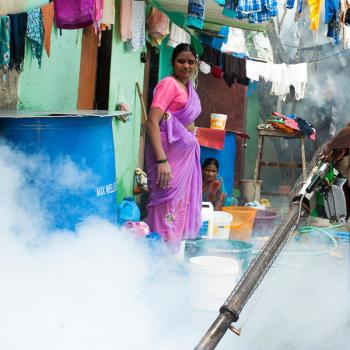
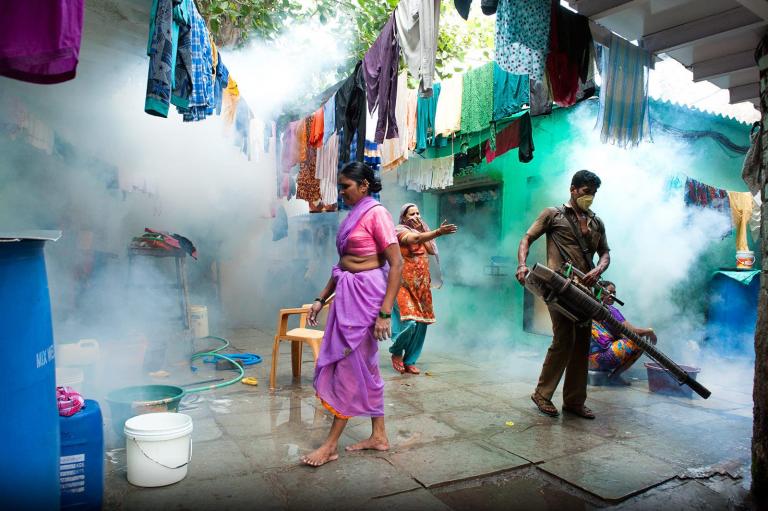
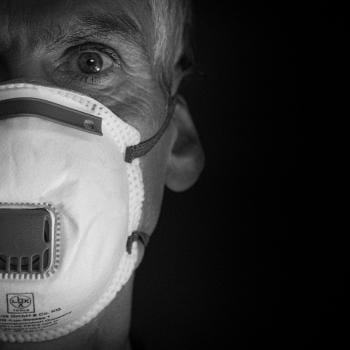
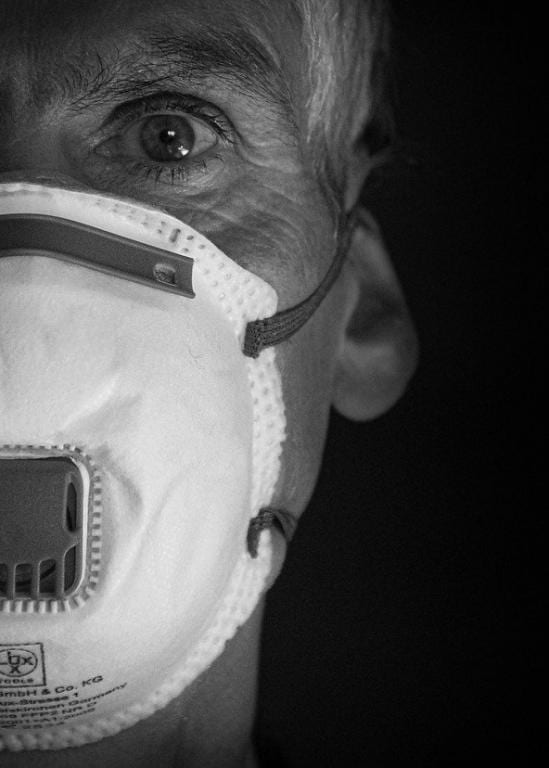
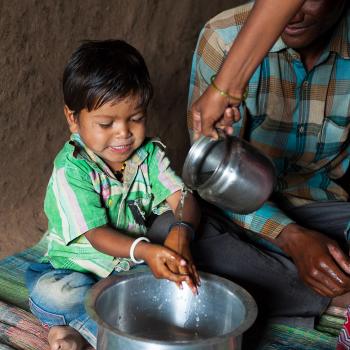
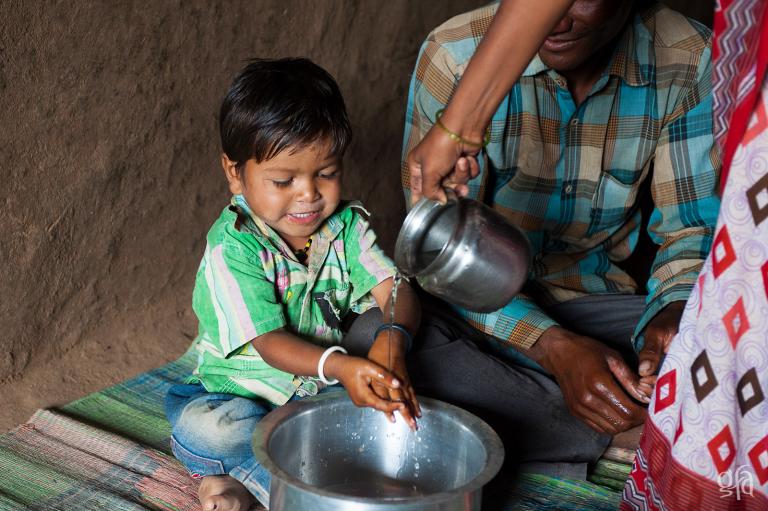
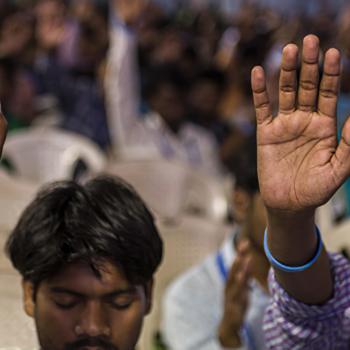
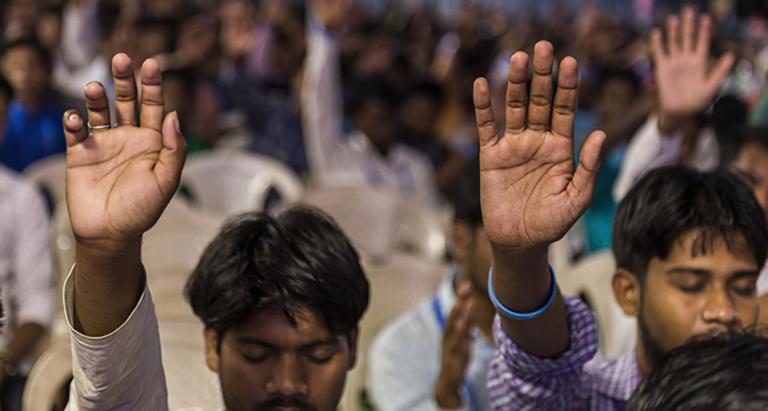
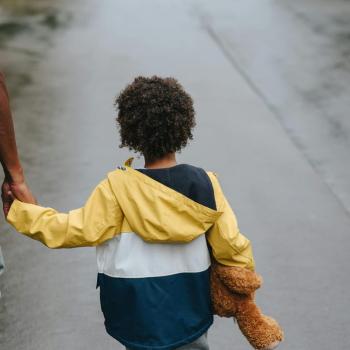
 I watched how, as he got older, his pursuit of God didn’t fade — it deepened. His heart and passion for those who had not heard about Christ only strengthened. He didn’t grow tired of the mission; he grew more consumed by it. And that passion wasn’t just in the gifts he gave or the words he spoke — it was in the life he lived, day after day.
I watched how, as he got older, his pursuit of God didn’t fade — it deepened. His heart and passion for those who had not heard about Christ only strengthened. He didn’t grow tired of the mission; he grew more consumed by it. And that passion wasn’t just in the gifts he gave or the words he spoke — it was in the life he lived, day after day.